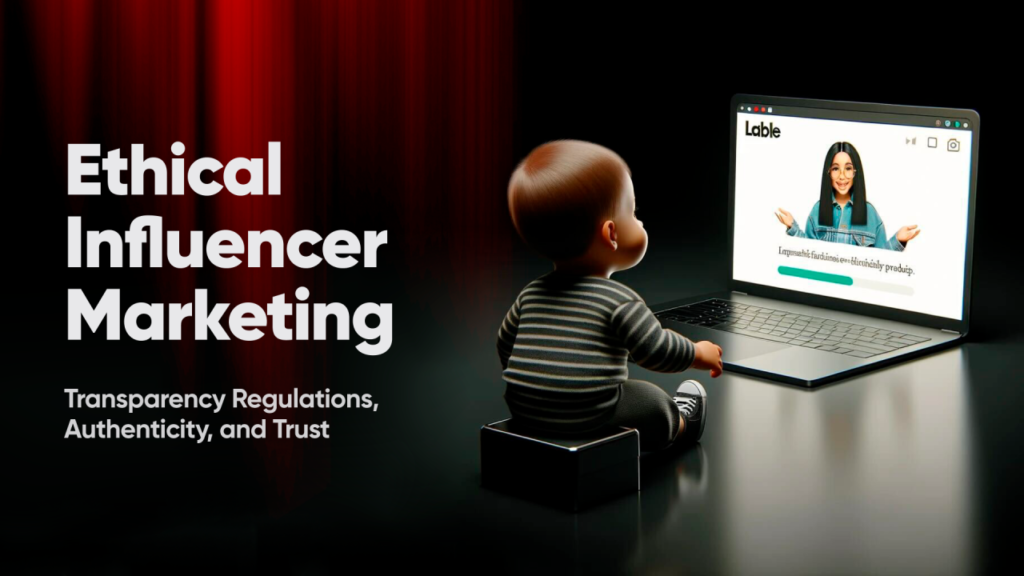In the dynamic landscape of digital marketing, influencer marketing has emerged as a powerful tool for brands to connect with their audiences through trusted individuals. However, the ethical considerations surrounding this practice are becoming increasingly critical, centering on transparency and authenticity.
At its core, transparency in influencer marketing refers to the clear and honest communication between influencers, brands, and their audience regarding sponsored content. Audiences today value authenticity and are more likely to engage with influencers who maintain transparency about their partnerships. Disclosures such as #ad or #sponsored are not just legal requirements but ethical imperatives, ensuring that viewers understand when content is paid for by a brand.
Authenticity, on the other hand, relates to the genuine connection between the influencer and their audience. When influencers authentically align their values and interests with the products they endorse, it enhances credibility and trust. Authenticity fosters long-term relationships, where followers perceive influencers not just as promoters but as relatable individuals whose opinions they value.

Ethical lapses occur when influencers misrepresent sponsored content as personal recommendations or fail to disclose paid partnerships. Such practices erode trust and can lead to regulatory scrutiny. Moreover, misleading audiences contradicts the very essence of influencer marketing, which is built on mutual respect and transparency.
As the industry evolves, stakeholders must prioritize ethical standards to maintain credibility and foster a sustainable influencer marketing ecosystem. Brands should collaborate with influencers who embody their values, ensuring partnerships resonate authentically with audiences. Likewise, influencers should uphold transparency by clearly disclosing paid collaborations, thereby empowering their followers to make informed decisions.
In conclusion, ethical influencer marketing hinges on transparency and authenticity. By adhering to these principles, influencers and brands can cultivate genuine connections, preserve trust, and contribute to a more ethical digital marketing landscape.
 Clear My Certification All Certification Exam Answers
Clear My Certification All Certification Exam Answers
